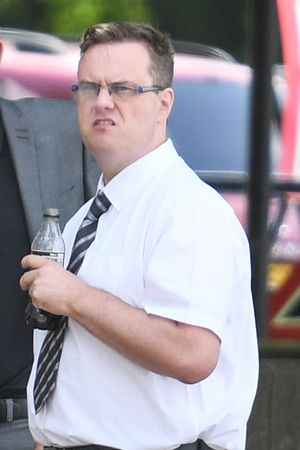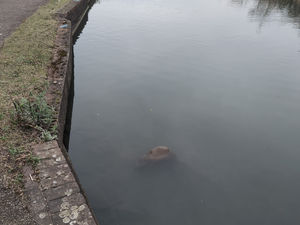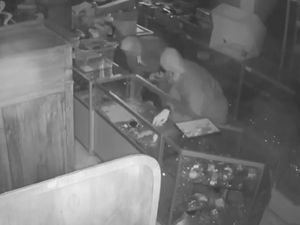Leading doctor gives evidence in fall death case
A leading doctor has given evidence in a case of an elderly woman whose death was caused after she was thrown or pushed by her son in a row over Christmas dinner.

Dr Peter Kroker gave evidence via video link from Germany in the case at Wolverhampton Crown Court on Thursday. He is a consultant physician at Chelsea and Westminster Hospital as well as a lecturer at Imperial College School of Medicine. He treats around 200 hip fractures a year.
The court had previously heard how 40-year-old Mark Jennens of Sorrel Walk admitted he had 'snapped' during an argument with his 78-year-old mother Hazel over potatoes at their Brierley Hill home on December 24 2015. A 999 transcript read out in court revealed he had "just lost and went to chuck her out of the door." He denies manslaughter.
Ms Jennens who was a heavy smoker, had osteoporosis, chronic obstructive pulmonary disease (COPD) and slow progressing lung cancer. She suffered a fractured hip in the fall that was repaired by surgery at Russell's Hall Hospital.
The doctor described how Ms Jennens recovered well and was stable in the week after the operation but later developed bronchopneumonia. She was given antibiotics but these were stopped after five days and the infection later came back. After feeling unwell on January 18 2016 she then died two days later.
She was given oxygen treatment both in the ambulance on the way to hospital and during her time on the ward. The court heard how she was not put on a ventilator in intensive care.
Defending Mr Jennens, Ms Sharon Bailey said: "In Ms Jennens notes it said that her oxygen levels should have been kept at 88 to 91 per cent due to her COPD.
"Ms Jennens oxygen level on admittance to hospital, after treatment by the ambulance service, was 93 per cent.
"A decision was also made to not give her treatment in the intensive care unit."
Dr Kroker said: "I describe Ms Jennens oxygen level as borderline normal at 93 per cent.
"When you have a patient with advanced lung cancer and put them on a ventilator in the intensive care unit, they often become ventilator dependent as their respiratory mechanisms become much weaker.This would have been the case with Ms Jennens. Therefore it was the right decision to not put her on a ventilator."
When asked whether the outcome of Ms Jennens death was therefore inevitable, the doctor replied "Yes."
He said: "The real cause was an infection re-emerging. Whether it had been there all the time is not clear but this certainly led to her respiratory deterioration. I'm not sure how oxygen variation would have made a difference. Earlier administration of antibiotics, possibly, but not oxygen."
Prosecutor Miss Rachel Brand QC asked the doctor: "Could the fracture have been caused by a singular fall?"
Doctor Kroker said: "This was a fracture common in people with osteoporosis. She was a frail lady. A fall from standing height to hit a hard surface could have caused this type of fracture."
"I believe she probably would have survived for at least a few more months if she did not have this fracture.
"The reason for her deterioration after the fracture is that her system was unable to heal and it was too difficult for her to fight off infection."
The trial continues.




